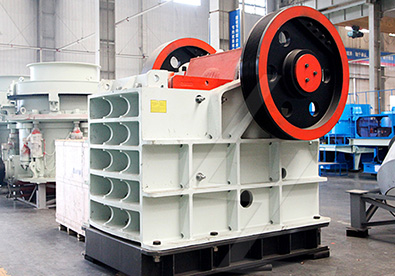A 200 TPH (Tonnes Per Hour) Stone Crushing Plant is a medium-sized production line designed to process rocks, gravel, or other hard materials into aggregates for construction, road building, or mining applications. Below is a detailed breakdown of the key components and considerations for setting up such a plant:
—
1. Key Components of a 200 TPH Stone Crusher Plant
# A. Primary Crusher (Jaw Crusher or Gyratory Crusher)
– Function: Breaks large stones (up to 1,000mm) into smaller pieces (~150–300mm).
– Options:
– Jaw Crusher (e.g., 600×900 mm feed opening).
– Gyratory Crusher (for harder rocks like granite).
# B. Secondary Crusher (Cone Crusher or Impact Crusher)
– Function: Further crushes material from the primary crusher to ~20–60mm.
– Options:
– Cone Crusher (for high-quality aggregates, e.g., HP200 or Symons 4.25′).
– Impact Crusher (for softer stones like limestone).
 # C. Vibrating Screens
# C. Vibrating Screens
– Function: Separates crushed material into different sizes (e.g., 0–5mm, 5–20mm, 20–40mm).
– Layers: Typically 2–3 decks for multiple fractions.
# D. Conveyor Belts & Feeders
– Transports material between crushers and screens.
– Adjustable feed rate to balance load across stages.
# E. Auxiliary Equipment
– Dust suppression system (water spray or ba.jpg) ilters).
ilters).
– Control panel for automation.
– Generator backup (optional).
—
2. Typical Flowchart for a 200 TPH Plant
1. Feeding: Dump trucks load raw material into a vibrating feeder.
2. Primary Crushing: Jaw crusher reduces large rocks.
3. Secondary Crushing: Cone/impact crusher refines the output.
4. Screening: Material is sorted by size; oversize returns to the secondary crusher.
5. Final Products: Sized aggregates are stockpiled or loaded for transport.
—
3. Machine Recommendations
| Component | Model Examples | Capacity |
|—————–|——————————–





Leave a Reply